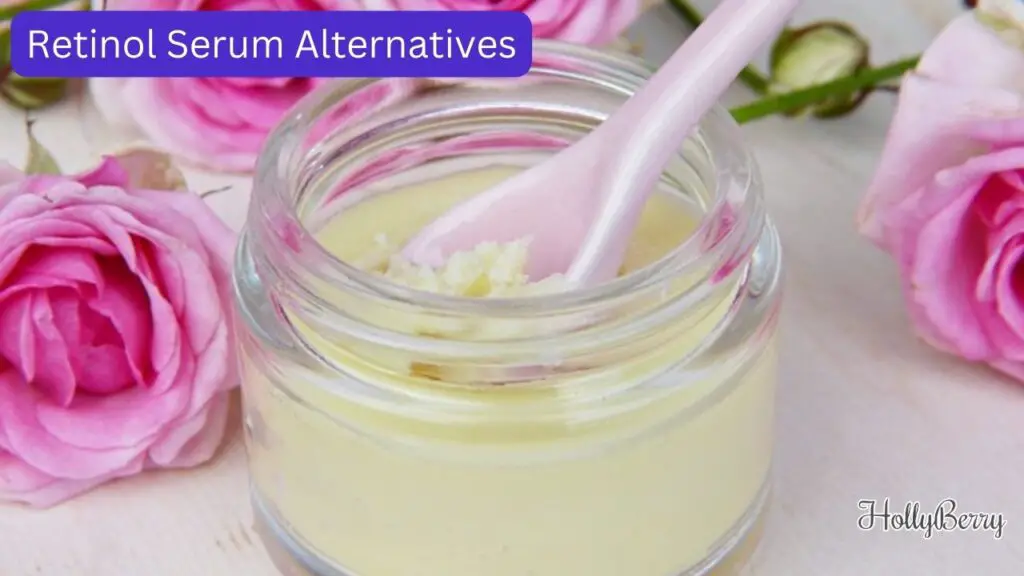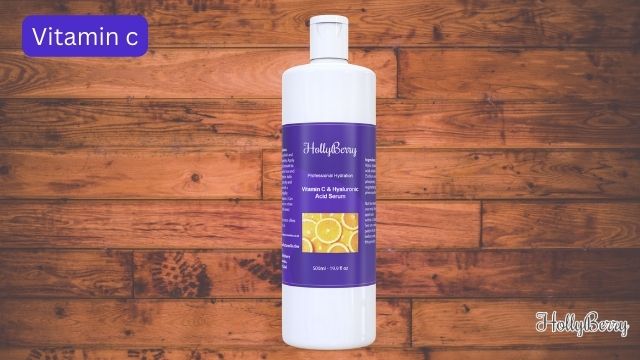
At some point in your skincare journey, you may have come across retinol. It’s a vitamin A derivative that’s widely known for its ability to reduce the appearance of fine lines, wrinkles, and acne.
However, while it works wonders for some, retinol is not for everyone, especially those with sensitive skin. It can cause irritation, redness, and peeling, leaving your skin worse off than before.
If you have sensitive skin and are looking for an alternative to retinol serum, we’ve got you covered. In this comprehensive guide, we’ll walk you through the best retinol serum alternatives for sensitive skin.
Bakuchiol
Bakuchiol is a plant-based alternative to retinol that’s been gaining popularity in recent years. It’s derived from the seeds of the babchi plant and has been shown to have similar benefits to retinol without irritation.
Bakuchiol is a natural antioxidant that helps to stimulate collagen production, reduce fine lines and wrinkles, and improve skin texture and tone.
It’s also been shown to have anti-inflammatory properties that help to soothe sensitive skin.
AHA/BHA exfoliants
If you’re looking for an alternative to retinol that helps to unclog pores and reduce the appearance of acne, AHA/BHA exfoliants might be the way to go.
Alpha-hydroxy acids (AHAs) and beta-hydroxy acids (BHAs) are chemical exfoliants that work to dissolve dead skin cells, unclog pores, and reduce inflammation.
AHAs are water-soluble and work on the surface of the skin, while BHAs are oil-soluble and can penetrate deeper into the pores. They’re gentle on the skin and can help to improve the texture and tone of your complexion.
Rosehip oil

Rosehip oil is a natural oil that’s extracted from the seeds of the rosehip fruit. It’s rich in antioxidants, essential fatty acids, and vitamins A and C, making it a great alternative to retinol for sensitive skin.
Rosehip oil helps to boost collagen production, reduce fine lines and wrinkles, and improve skin texture and tone. It also has anti-inflammatory properties that help to soothe irritated skin and reduce redness.
Vitamin C

Vitamin C is an antioxidant that’s known for its ability to brighten the skin and reduce the appearance of dark spots and hyperpigmentation.
It also helps to stimulate collagen production, which can help to reduce fine lines and wrinkles. Vitamin C is gentle on the skin and can be used daily without causing irritation. Order our very own Vitamin C and Hyaluronic Acid serum from our store.
Look for a serum that contains a stable form of vitamin C, such as L-ascorbic acid, for the best results.
Niacinamide
Niacinamide is a form of vitamin B3 that’s been shown to have a wide range of benefits for the skin. It helps to improve the skin’s barrier function, which can reduce moisture loss and prevent irritation.
Niacinamide also helps to reduce inflammation, brighten the skin, and improve the appearance of fine lines and wrinkles. It’s gentle on the skin and can be used daily without causing irritation.
FAQs: Retinol Serum Alternatives
Q1. What is the best retinol alternative for sensitive skin?
A1. The best retinol alternative for sensitive skin is bakuchiol. It’s a natural plant-based ingredient that has similar benefits to retinol without causing irritation.
Q2. Can AHAs/BHAs be used on sensitive skin?
A2. Yes, AHAs/BHAs can be used on sensitive skin. They’re gentle exfoliants that help to improve skin texture and tone without causing irritation
Q3. How often should I use retinol alternatives?
A3. The frequency of use will depend on the specific alternative you choose. Some can be used daily, while others should only be used a few times a week. It’s important to follow the instructions on the product and start with a small amount to see how your skin reacts.
Q4. Can I use retinol alternatives with other skincare products?
A4. Yes, you can use retinol alternatives with other skincare products. However, it’s important to patch test any new products before using them all over your face to avoid any potential irritation.
Q5. Are retinol alternatives as effective as retinol?
A5. While retinol alternatives may not be as potent as retinol, they can still provide similar benefits without the risk of irritation. It’s important to choose the right alternative for your skin type and needs.
In conclusion, retinol serum alternatives are a great option for those with sensitive skin who want to improve the appearance of fine lines, wrinkles, and acne without causing irritation.
Bakuchiol, AHA/BHA exfoliants, rosehip oil, vitamin C, and niacinamide are some of the best alternatives to retinol that can help you achieve your skincare goals.
Remember to patch test any new products and start with a small amount to see how your skin reacts. With the right retinol alternative, you can achieve the glowing, healthy skin you’ve always wanted.


